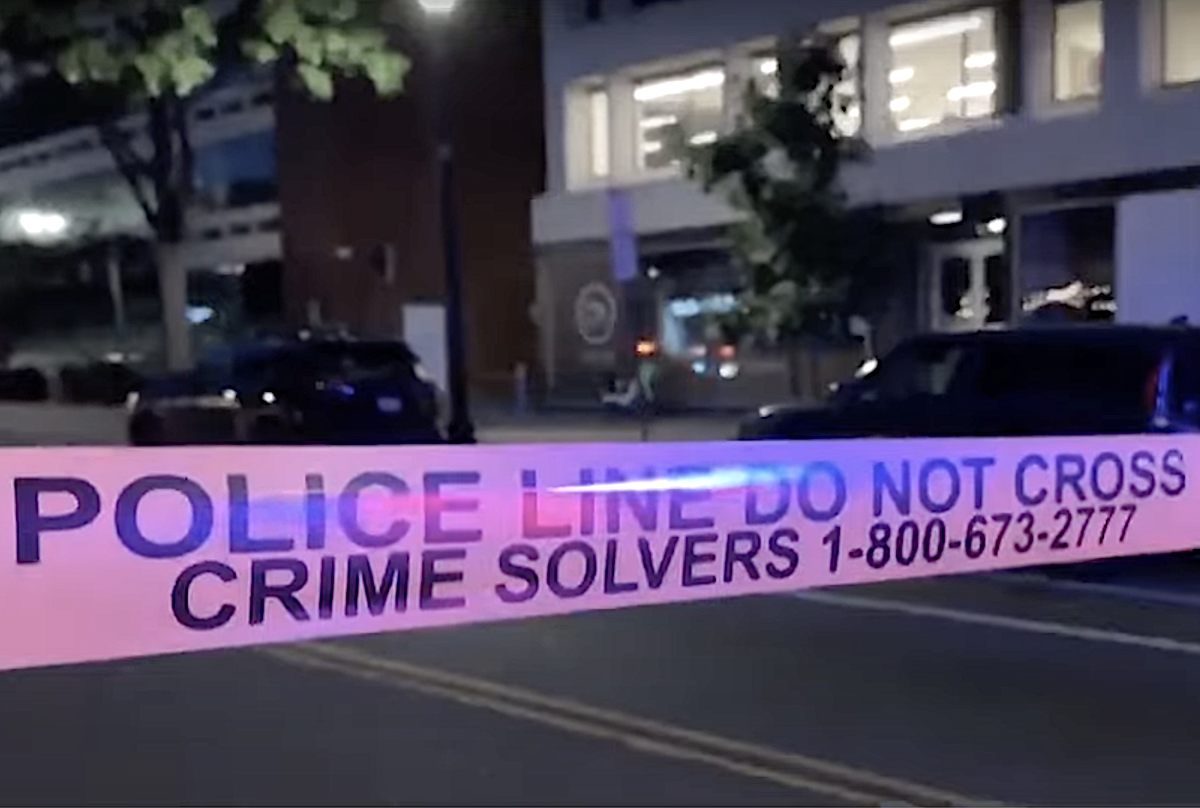Democrats and some media outlets are facing criticism for their recent attempts to address crime issues, despite their previous support for policies that many believe have exacerbated the situation. Critics argue that the party's past advocacy for measures like 'defund the police' has contributed to rising crime rates, and now they are attempting to present themselves as thoughtful leaders on law and order.
Explainer After Dismissing DC Crime, Baker Complains Trump Isn't Fixing It
The New York Times published an editorial discussing 'lessons' learned from recent years that could help policymakers reduce crime and address societal issues. The editorial acknowledges that crime rates have decreased but emphasizes the need for a deeper understanding of the factors contributing to societal breakdown.
One point raised in the editorial is the impact of school closures during the pandemic. The Times stated, 'In 2020, policymakers played a direct role in accelerating societal breakdown by shuttering services that promote social cohesion.' The editorial suggests that the decision to keep schools closed should have weighed more heavily on the potential costs, including learning loss and social isolation, which could contribute to crime.
The editorial further argues that restoring confidence in institutions like schools and community groups is crucial for addressing broader societal problems. It notes, 'Social cohesion is both valuable and delicate. America has much to lose when it undermines people’s connections to institutions.'
Critics of the Times' editorial point out that many of these insights were previously dismissed or criticized during the pandemic. They argue that the media's previous stance on public health measures, which often included discouraging social gatherings, contradicts the current call for rebuilding social connections.
The editorial's timing has raised eyebrows, as it comes after years of debate over the effectiveness of various crime policies. Many believe that the media and political leaders should take responsibility for the consequences of their past decisions rather than attempting to shift the narrative now.
As discussions about crime and public safety continue, the challenge remains for policymakers to find effective solutions while acknowledging the complexities of the issues at hand. The ongoing debate highlights the need for a balanced approach that considers both public safety and community well-being.
Why it matters
- Democrats face backlash for past support of 'defund the police' amid rising crime, raising questions about their current law and order stance.
- The New York Times editorial highlights the impact of pandemic school closures on societal breakdown and crime rates, urging a reevaluation of past policies.
- Critics argue that media and political leaders should own the consequences of their previous decisions rather than shifting narratives on crime.
What’s next
- Policymakers are urged to consider the complexities of crime and public safety in future legislation.
- Calls for accountability from media and political leaders regarding past crime policies are growing.
- Upcoming discussions on crime policy reforms are expected to address the balance between safety and community well-being.
